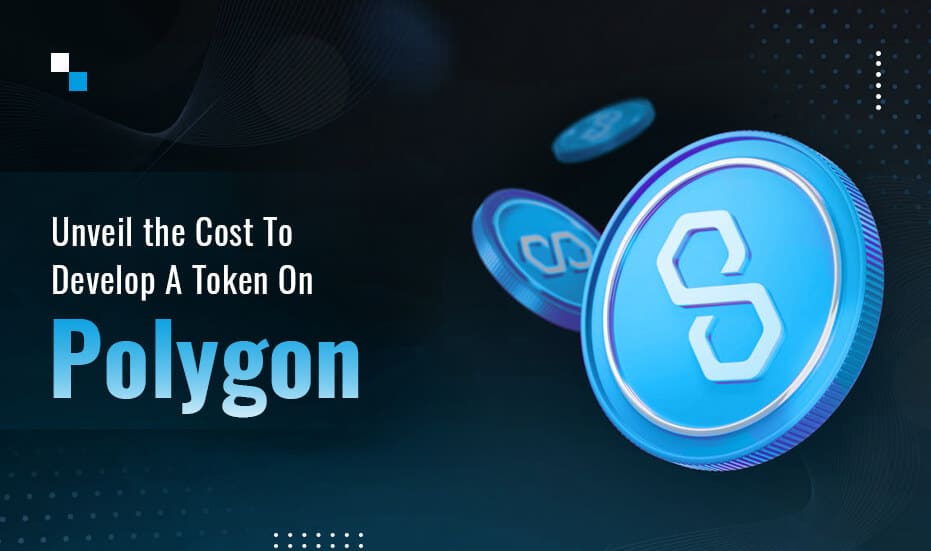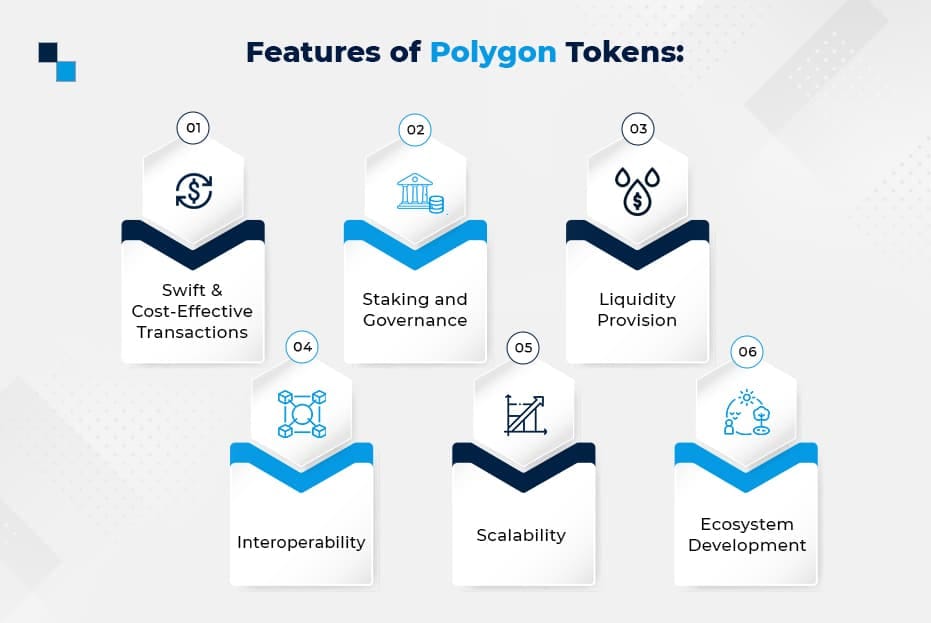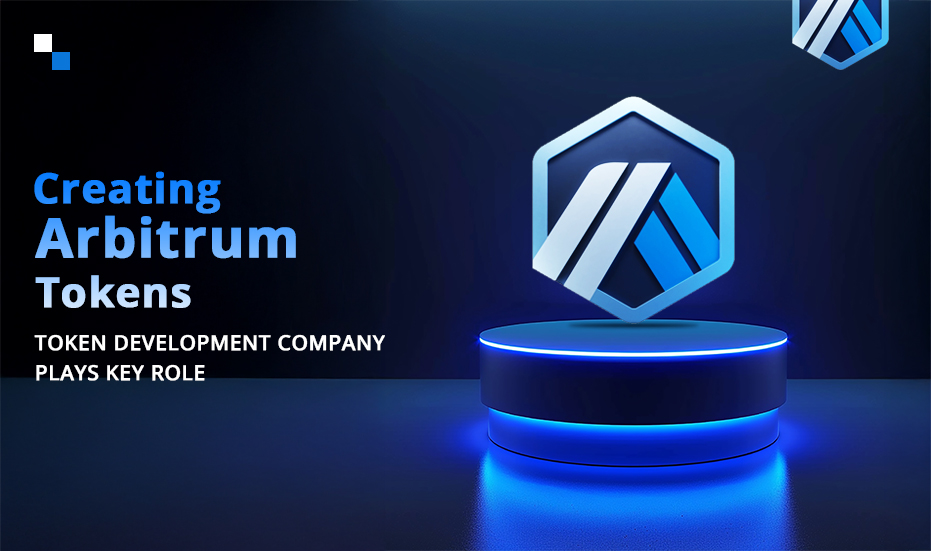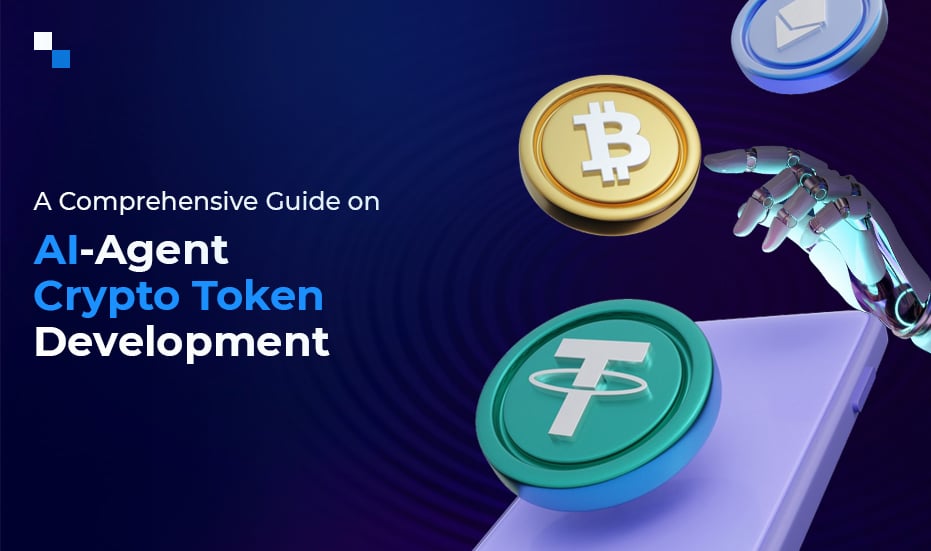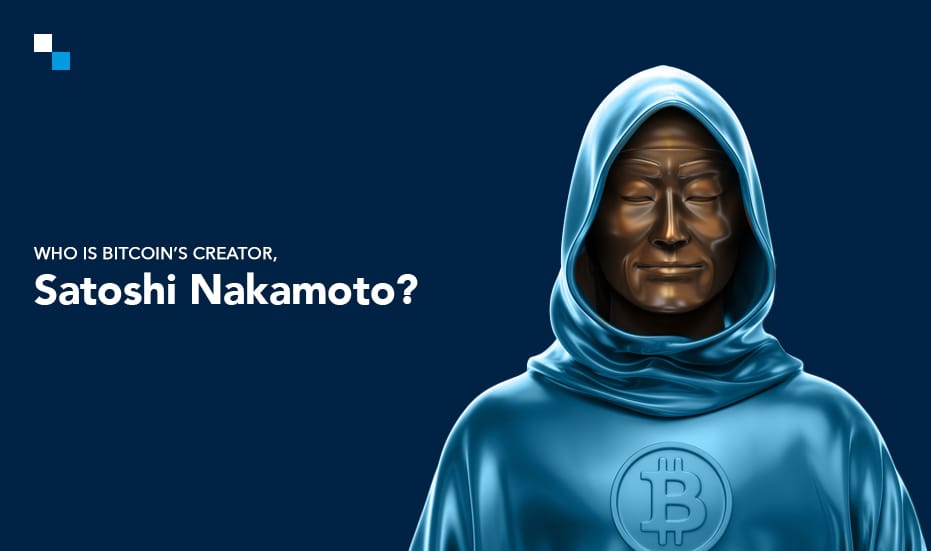
Blockchain Development For Education: Empowering Academic Success
June 20, 2023
A Definitive Guide to ERC-6551 Token Standard
June 21, 2023Polygon is powered by its native token called MATIC. MATIC serves multiple purposes within the ecosystem, including payment of transaction fees, securing the network through staking, and participating in governance decisions. Moreover, Polygon extends its support to other tokens, including stablecoins, facilitating seamless transactions and interactions within the network.
If you have intentions to develop a token on the Polygon (Matic) network, it’s natural to inquire about the associated cost. Eager to delve deeper into the world of Polygon tokens and their development process? This blog holds the answers to all your queries. Let us commence our discussion and explore the fascinating realm of Polygon tokens together.
Current Market Trend ~ Polygon Tokens
“The live Polygon price today is $0.599438 USD with a 24-hour trading volume of $228,078,838 USD. “
The first and foremost positive aspect of token development on the Polygon network is the continued growth of the overall Polygon ecosystem. It is a popular platform for decentralized applications (dApps). The number of dApps built on Polygon has been growing steadily in recent months. Industry experts forecast that by the conclusion of 2023, there is a possibility for MATIC’s price to reach a notable high of $1.8351. This projection suggests a potential increase of 25 times from its present value.
Another positive development is the upcoming launch of Polygon Zero. Polygon Zero is a new scalability solution that is designed to offer even lower fees and faster transaction speeds than the current Polygon network. The launch of Polygon Zero could help to attract new users to the Polygon network and could boost the price of MATIC(the native token of Polygon). Overall, there are some positive developments that could help to boost the price of tokens developed on Polygon in the future.
Features of Polygon Tokens
Polygon Tokens come with a range of distinctive features that set them apart. Here are some key characteristics:
- Swift and Cost-Effective Transactions: Transactions conducted on the Polygon network are notably faster and more affordable than those on the Ethereum network. This advantage makes tokens development on Polygon, an appealing choice for users seeking to avoid high fees and slow confirmation times.
- Staking and Governance: Users have the opportunity to stake Polygon tokens and become validators on the network. By doing so, they can earn rewards for contributing to the network’s security. Additionally, Polygon token holders can actively participate in network governance by proposing and voting on changes.
- Liquidity Provision: Tokens developed can serve as liquidity providers on decentralized exchanges (DEXs) and automated market makers (AMMs) operating on the Polygon network. This functionality enables users to earn rewards for supplying liquidity.
- Interoperability: Polygon tokens exhibit interoperability with other tokens and networks, facilitating the seamless transfer of assets and data across diverse blockchains.
- Scalability: The Polygon network is purposefully designed to provide a scalable infrastructure for decentralized applications (dApps) built on Ethereum. MATIC plays a pivotal role in empowering this infrastructure, contributing to its scalability.
- Ecosystem Development: The Polygon team actively endeavors to develop an extensive ecosystem of dApps, services, and tools on the network. As this ecosystem expands, it is anticipated to generate greater demand for Polygon tokens
Steps To Develop a Token on Polygon
When developing a token on Polygon, it is crucial to follow specific steps or stages. It’s important to note that expertise in the blockchain industry and proficient technical knowledge are required for these stages. Therefore, hiring a Token Development Company to ensure desired outcomes is necessary.
Let us see the steps to develop a token on the Polygon network:
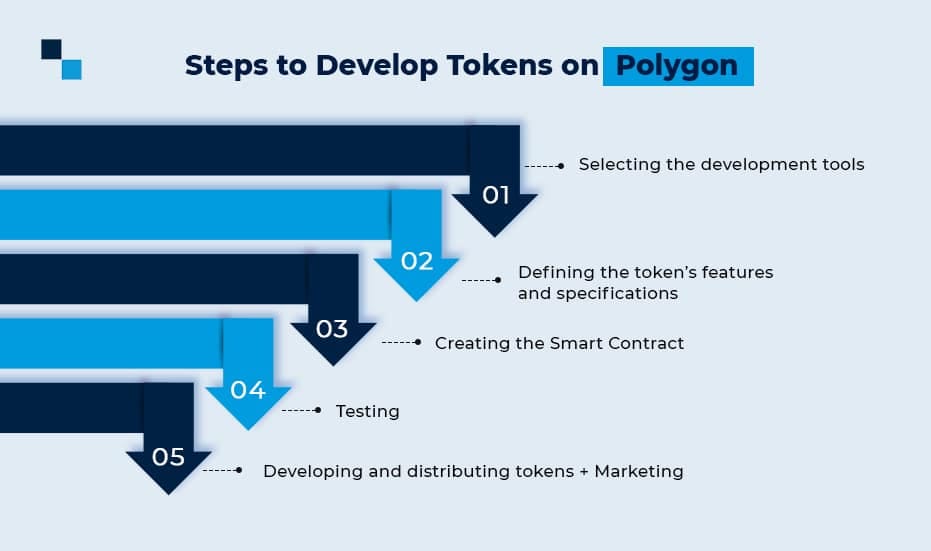
- Step 1: Selecting the Development Tools
The first and foremost step is to choose a development platform for your token. You have the option to select Remix, Hardhat, or Truffle as your token development tools.
- Step 2: Defining the Token’s Features and Specifications
In this step, you need to determine the specifications of your token, such as its name, symbol, total distribution and supply, decimal precision, and other relevant details. Additionally, decide on the specific features you wish to incorporate into your token.
- Step 3: Creating the Smart Contract
Utilize a programming language like Solidity to write the smart contract code for your token. The smart contract will define the behavior of the token, including how it can be transferred, burned, and utilized.
- Step 4: Testing
Thoroughly test the smart contract to ensure that it functions correctly and behaves as expected, without any issues or security vulnerabilities.
- Step 5: Deploying and Distributing the Token, along with Marketing
In the final stage, you will deploy the token and distribute it in the market through a launch. This allows cryptocurrency enthusiasts to begin trading with your newly developed crypto token. Additionally, it is crucial to implement a marketing strategy to reach your target audience effectively and promote your token.
What are the factors impacting the cost to develop a token on Polygon?
There are a number of factors that can impact the cost to develop a token on Polygon:
Token Complexity-The more complex the token, the more expensive it will be to develop. A token that has a complex set of features or that is designed to be used in a specific way will be more expensive to develop than a simple token.
The Token Development company you hire- The more experienced the development team of the company you hire, the more likely they are to be able to develop quality tokens quickly and efficiently. This will save you money on overall development costs.
Development Time Frame- The faster you need the token developed, the more expensive it will be. This is because the development team will need to work more hours to meet your deadline.
Current market conditions: The cost of developing a token can also be affected by the current market conditions. For example, if the cryptocurrency market is booming, then the cost of development will likely be higher than if the market is in a downturn.
Here is a table that summarizes the factors that can impact the cost to develop a token on Polygon:
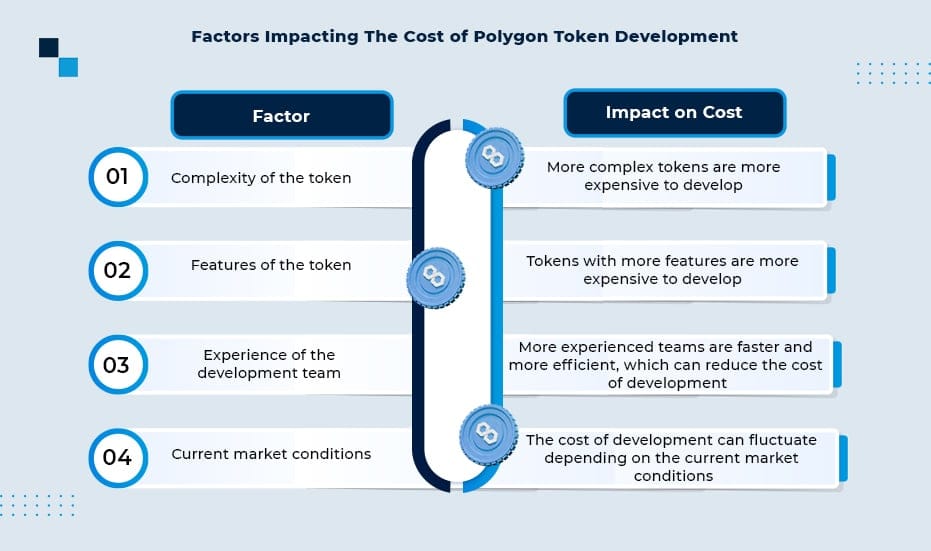
Wrapping Up!
In the blockchain industry, there are numerous important players, but it is highly recommended to hire a reliable and renowned token development company for your needs. These companies provide cost-effective and efficient crypto token development solutions, ensuring the timely delivery of services.
Antier is the global- leading global Token Development Company. We hold reputed clients from various parts of the world. Our major strength lies in our expert team of blockchain developers, all of whom possess extensive experience and skill in delivering tailored Token Development Services on any desired or popular blockchain platform. Consult our experts to hire us and enjoy a competitive advantage in the crypto market at an affordable cost.
